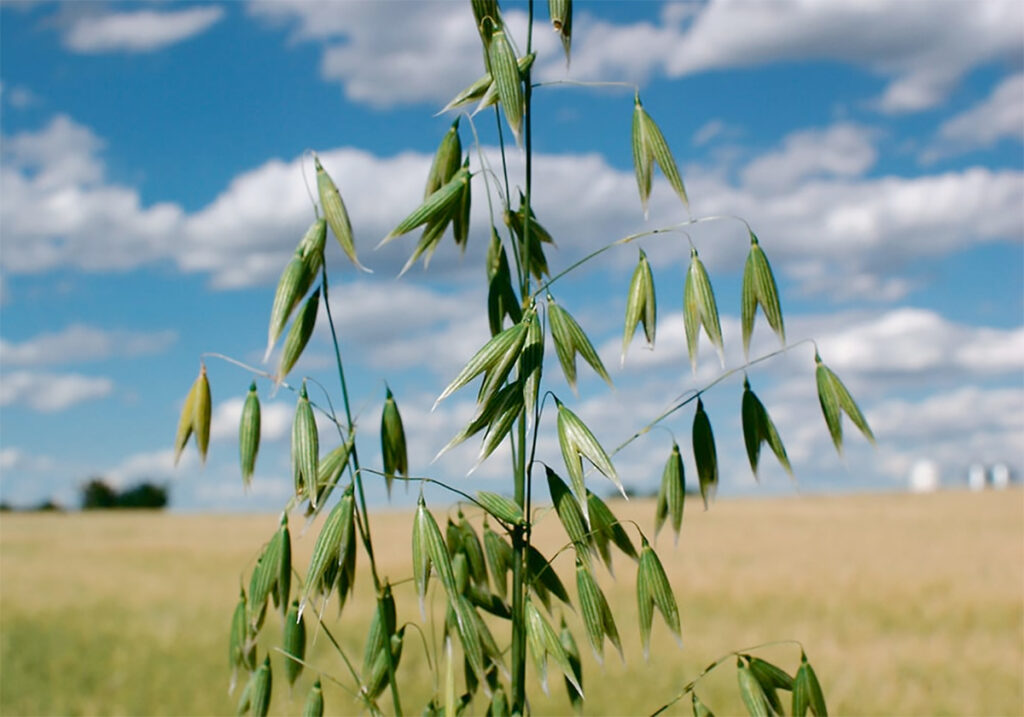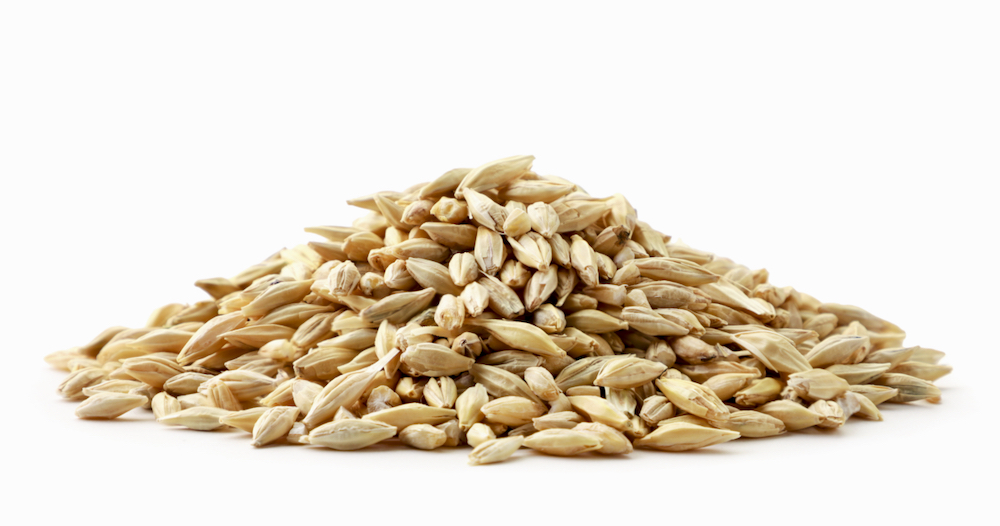Crop Production Show 2025: U.S. tariffs could impact Canadian oat market as early as next week

Glacier FarmMedia — It’s likely that Canadian oat producers will be affected by U.S.-imposed tariffs as early as next week, according to one expert.
“I’ll be quite surprised if he (U.S. president-elect Donald Trump) doesn’t implement the tariffs on his first day,” said oat market analyst Randy Strychar at the SaskOats 2025 annual general meeting held today during the Crop Production Show in Saskatoon.
“That’s going to include oats and oat products.”
However, there are many unknowns to be addressed before the industry should start panicking, he said.
Read Also

Feed Grain Weekly: Room to rise for feed barley
Rising United States corn futures and a weaker Canadian dollar have given Western Canadian feed grain prices a lift.
“It’s the U.S. companies that are going to have to scramble and find out what the U.S. government wants, how they administer it, and that’s a big deal.”
In the longer term, if the tariffs stay in place, there will likely be price erosion for Canadian oats, said Strychar, who is also the president and owner of Ag Commodity Research and Oatinformation.com
“So just right off the top of your head, if you’re getting four and a half bucks a bushel in Western Canada, take 25 per cent off of that down the road.”
He said feed markets would likely be impacted by tariffs early on.
“I’ve already got some U.S. companies saying, ‘we’ll just stop buying Canadian oats in the feed sector.’ That’s about 300 to 400 metric tonnes a year.”
However, he said importers would likely choose to continue to import Canadian oats longer term and pay the tariff because importing from countries such as Australia, the United Kingdom and European Union isn’t viable for a number of reasons.
“Early indications are, and all the millers down in the U.S. are running the math right now, it’s cheaper to pay the tariff and then ultimately, my guess is, they’ll pass it back on to the Canadian farmers.”
He said another factor working in favour of local oat producers is that Canadian oats are in demand by consumers, and food companies will need to protect their brands.
“Canadian oats are great, and they’re marketed. People understand where most of those oats are coming from.”
Overall, Strychar said he doesn’t believe Canadian oat producers should be panicking about U.S. tariffs just yet.
“We’re probably not going to see a lot of reduction in the actual number of oats they take,” he said.
“There are so many things up in the air on this. The reality is it’s an erratic political agenda that we’re about to face as Canadians and a Canadian marketplace, and we just don’t know what’s going to play out.”
Source: Farmtario.com

